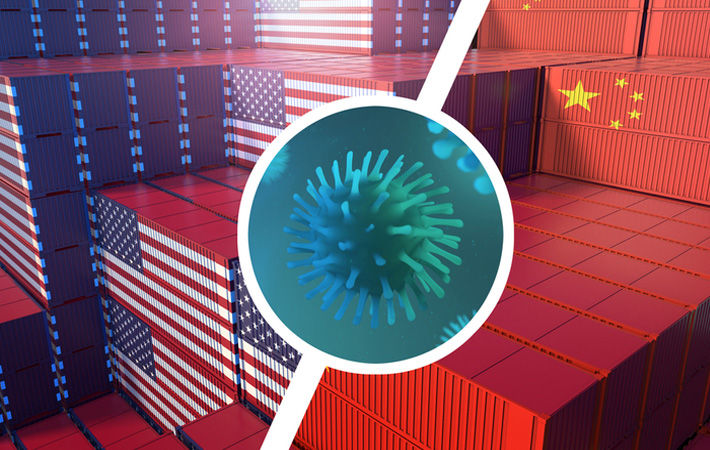China's recovery well advanced, but lacks balance; momentum slows: IMF

Regulatory measures targeting the technology sector, intended to enhance competition, consumer privacy and data governance, have increased policy uncertainty, the IMF Executive Board said in its staff report after concluding the Article IV consultation with China recently in Washington.
China’s climate strategy has begun to take shape with the release of detailed action plans. Productivity growth is declining as decoupling pressures are increasing, while a stalling of key structural reforms and rebalancing are delaying the transition to ‘high-quality’—balanced, inclusive and green—growth, the report said.
China’s gross domestic product (GDP) growth is projected at 7.9 per cent in 2021 and 4.8 per cent in 2022, with the deceleration in 2022 partly reflecting the fading of base effects, while subdued private consumption and real estate investment are adding headwinds, it said.
As a result, significant slack in the economy is expected to remain in 2022 with core consumer price inflation projected to stay subdued and below the target of about 3 per cent. The current account surplus is expected to narrow in 2022 to 1.5 per cent of GDP from 1.8 per cent in 2021 as demand for pandemic-related exports normalises, an IMF press release said citing the report.
The significant tightening of macroeconomic policy support has added to the slowing growth momentum. Fiscal policy turned strongly contractionary at the beginning of 2021, reflecting policymakers’ shifting focus away from supporting the recovery to deleveraging.
The withdrawal largely represented decreases in public investment, although some targeted fiscal support continued, including select tax and fee cuts for small firms. The augmented general government primary deficit is projected to have decreased from 19.4 per cent of GDP in 2020 to 15.4 per cent in 2021.
Monetary policy tightened moderately compared to 2020, as key money market rates increased relative to their pandemic lows, and overall credit growth slowed in 2021 despite the continuation of structural credit policies to steer bank credit to small firms.
Structural reforms, a requisite for China’s transition to high-quality growth—which is balanced, inclusive and green—have progressed unevenly across core areas. While China’s climate strategy has begun to take shape with the release of detailed action plans, there was little or no progress in key real-sector reforms, including in the area of state-owned enterprises and competitive neutrality between private and state-owned firms, the report added.
Fibre2Fashion News Desk (DS)
































-Ltd..jpg?tr=w-120,h-60,c-at_max,cm-pad_resize,bg-ffffff)





.jpg?tr=w-120,h-60,c-at_max,cm-pad_resize,bg-ffffff)
.jpg?tr=w-120,h-60,c-at_max,cm-pad_resize,bg-ffffff)






